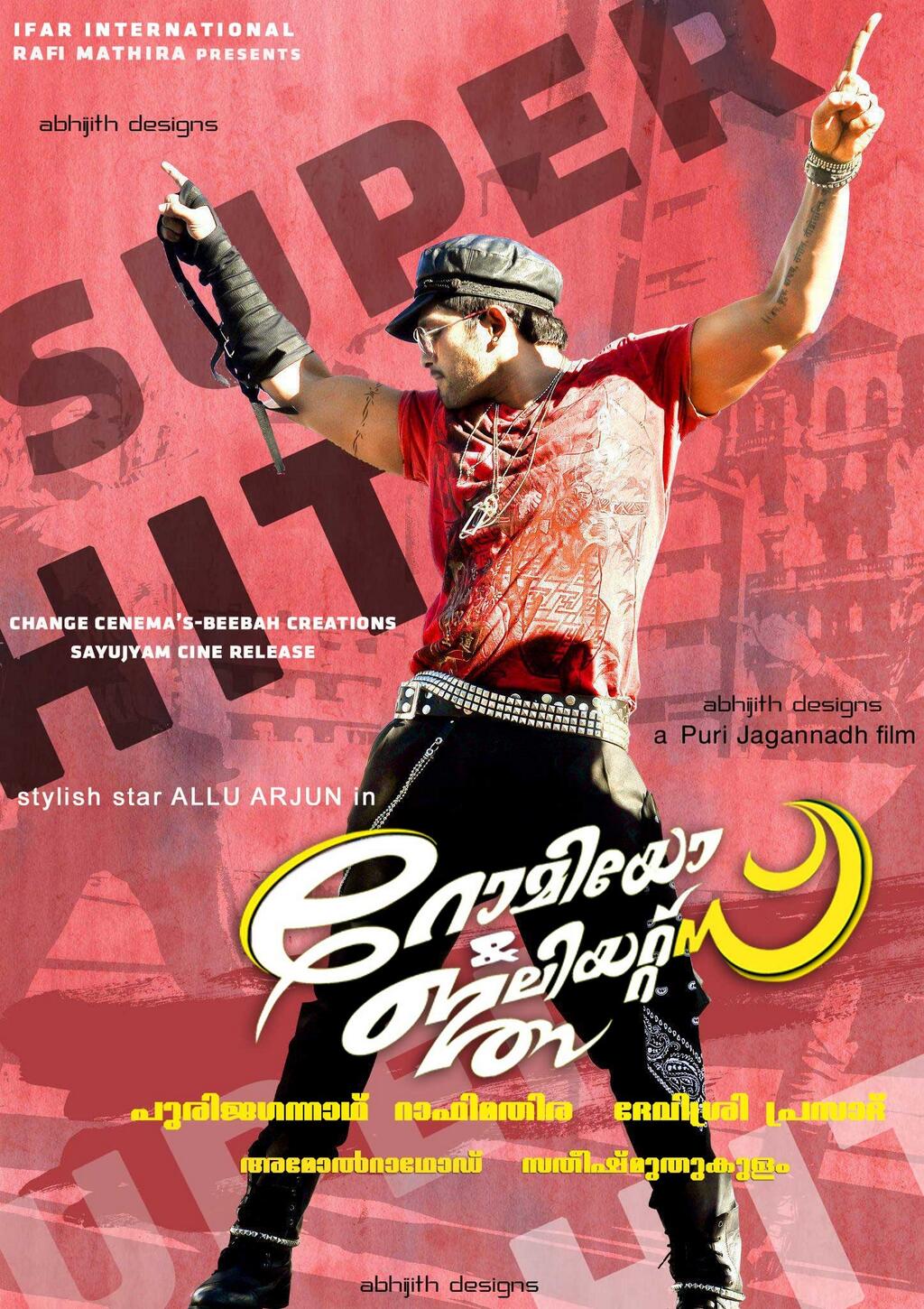
There are no intrusive pandemic references, but at a time when we’ve spent the past year in semi-isolation, fearful of human touch, the resonance creeps up on you. The modernity of the interpretation comes not from the kind of MTV-era flashiness that Luhrmann employed - the thumping basslines of electronic dance music at the Capulets’ ball notwithstanding - but from an achingly sensitive reading of the text plugged into our current moment. But it’s easy to imagine it becoming the go-to for teachers looking to give their students the pared-down essence of the play in a short, sharp jolt of exquisite poetry, head-spinning romance and devastating sorrow. This latest retelling is more modest in scale than either of those predecessors. The most notable of them up to now have been Franco Zeffirelli’s Oscar-winning 1968 adaptation, a faithful yet vigorous period piece with tender youths Leonard Whiting and Olivia Hussey in the lead roles and Baz Luhrmann’s wildly flamboyant, massively divisive 1996 pop-punk update, with the angelic pairing of Leonardo DiCaprio and Claire Danes. The lustrous visuals and enveloping atmosphere would be even more impressive on a big screen.įor many of us, our first encounter with Romeo and Juliet was a film version shown in high school English class.

Unconventionally angled close-ups bring dangerous intimacy and tactile sensuality to their physical union, and composer Michael Bruce’s surging strings turn up the heat between them. Tim Sidell’s camerawork, too, is remarkable at evoking both the simmering hostility of Verona’s feuding families and the raw emotion of their forbidden lovers. Working from an adaptation by Emily Burns that whittles the action down to a fleet 90 minutes, Godwin and his superlative company of actors inject uncommon urgency into the play, along with stirring depth of feeling. In a device that ups the stakes and accelerates the pace from the start, editor Nick Emerson periodically flashes forward to glimpses of what lies ahead - a masked ball, a clandestine caress, a vial of poison, a death bed. Originally planned for London’s National Theatre and reconceived for television in ways that ingeniously bridge the distance between stage and screen, this is as much a mesmerizing contemplation of theatrical storytelling as a heart-piercing reflection on divisions of violence and hate.

If anything, their maturity gives the heavy veil of melancholy that clouds their joy all the more weight. But there’s no doubting the youthful, I-would-die-for-you intensity of their passion in Simon Godwin’s thrilling reimagining of the classic drama. At 30 and 31, respectively, Josh O’Connor and Jessie Buckley are not the youngest actors to have played Shakespeare’s star-crossed lovers in Romeo & Juliet.


 0 kommentar(er)
0 kommentar(er)
